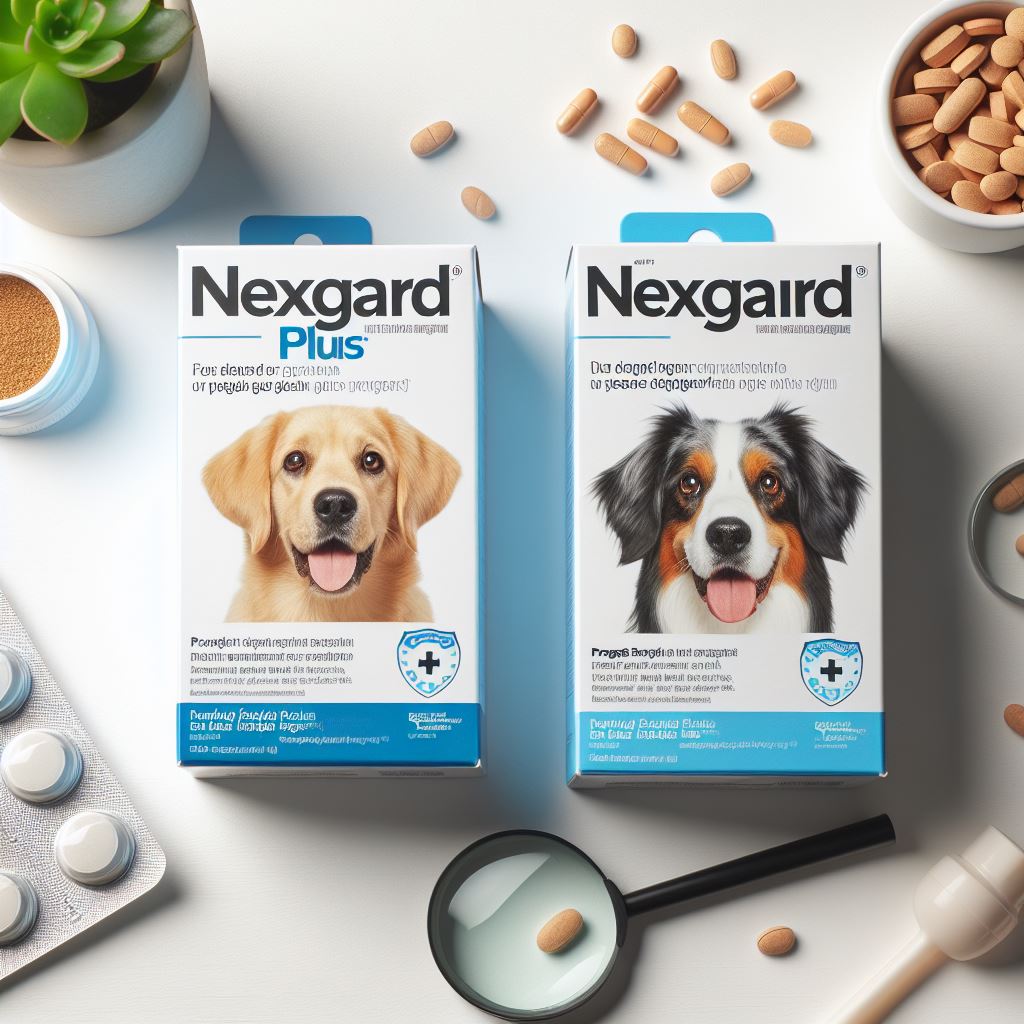How Long Does Nexgard Side Effects Last
The duration of NexGard’s side effects can vary depending on several factors, including the individual dog’s health, dosage, and sensitivity to the medication. Typically, side effects such as vomiting, diarrhea, lethargy, or skin reactions may last for a few hours to several days after administration. In some cases, side effects may persist for a longer period, necessitating veterinary attention. Monitoring your pet closely and consulting a veterinarian if any adverse reactions occur is crucial. Understanding the potential duration of side effects can help pet owners make informed decisions regarding their dog’s health and well-being when using NexGard.
Key Takeaways
- Common side effects of Nexgard typically last a few days.
- Mild symptoms like vomiting, diarrhea, and lethargy should improve within a week.
- Individual pet health, size, and dosage influence side effect duration.
- Monitor closely and ensure hydration during the side effect period.
- Contact a vet if side effects persist or worsen for tailored guidance.
Onset of Nexgard Side Effects
When starting Nexgard, side effects may begin to show within a few hours to a few days. It’s essential to monitor your pet closely during this time to ensure any potential side effects are promptly addressed.
Some common side effects that may manifest shortly after administering Nexgard include vomiting, diarrhea, lethargy, and lack of appetite. These symptoms typically indicate a reaction to the medication and should be reported to your veterinarian.
In some cases, more severe side effects such as tremors, seizures, or difficulty walking can occur. If you notice any of these symptoms, it’s crucial to seek immediate veterinary care. Your pet’s well-being is of the utmost importance, and any concerning side effects should be taken seriously.
Remember to keep a record of when Nexgard was administered and any observed side effects to provide accurate information to your veterinarian. By staying vigilant and proactive, you can help ensure the safety and health of your furry companion.
Duration of Common Side Effects
The persistence of common side effects from Nexgard varies among pets, with symptoms typically subsiding within a few days of administration. Most pets may experience mild side effects such as vomiting, diarrhea, or lethargy shortly after taking Nexgard. These effects are generally short-lived and should resolve on their own without the need for intervention.
It’s important to monitor your pet closely during this time and ensure they’ve access to plenty of water to stay hydrated. In some cases, these common side effects may last up to a week but should gradually improve as your pet’s body adjusts to the medication. If the symptoms persist for an extended period or worsen, it’s advisable to consult your veterinarian for further guidance.
Remember that every pet is unique, so the duration of side effects can vary, but in most cases, they’re temporary and shouldn’t cause lasting discomfort.
Factors Influencing Side Effect Duration
Factors that can influence how long Nexgard side effects last include the individual pet’s sensitivity to the medication and their overall health condition. Pets with a higher sensitivity to the active ingredients in Nexgard may experience side effects for a longer duration compared to those who are less reactive. Additionally, if your pet has any underlying health issues or is on other medications, this could impact how long the side effects persist.
The size and breed of your pet can also play a role in determining the duration of side effects. Smaller breeds may metabolize the medication differently than larger breeds, affecting how long the side effects last. Similarly, certain breeds may be more prone to specific side effects, which can prolong their duration.
Furthermore, the dosage of Nexgard administered to your pet can influence the duration of side effects. Higher doses may result in longer-lasting side effects, while lower doses could lead to a quicker resolution of symptoms. It’s essential to consider these factors when monitoring your pet for any potential side effects after Nexgard administration.
Managing and Alleviating Side Effects
To effectively manage and alleviate Nexgard side effects in your pet, consider consulting your veterinarian for guidance on appropriate steps to take. Your veterinarian can provide tailored advice based on your pet’s specific condition and medical history. In some cases, they may recommend symptomatic treatment to address side effects such as nausea, vomiting, or lethargy.
Additionally, ensure your pet stays well-hydrated and comfortable during this time. Encourage them to drink water regularly and provide a quiet, calm environment for rest. Monitoring your pet closely for any changes in behavior or symptoms is crucial. Keep track of the duration and intensity of side effects to share with your veterinarian.
If your pet experiences persistent or severe side effects, contact your veterinarian promptly for further evaluation. They may need to adjust the treatment plan or provide additional medical support. By staying proactive and attentive to your pet’s well-being, you can help manage and alleviate Nexgard side effects more effectively.
When to Seek Veterinary Assistance
If you notice any concerning or worsening side effects in your pet after administering Nexgard, promptly seek veterinary assistance. Your pet’s well-being is crucial, and any adverse reactions should be addressed by a professional. Signs such as persistent vomiting, diarrhea, lethargy, tremors, or difficulty breathing could indicate a serious issue that requires immediate attention. It’s essential not to ignore these symptoms, as they could potentially escalate if left untreated.
Veterinary assistance is particularly necessary if the side effects persist for an extended period or if they seem to be intensifying. Your veterinarian can assess the situation, provide appropriate treatment, and offer guidance on how to manage any lingering effects. They may recommend specific interventions to alleviate your pet’s discomfort and monitor their condition closely to ensure a full recovery.
Frequently Asked Questions
Can Nexgard Side Effects Vary in Duration Depending on the Size or Breed of the Dog?
Side effects of Nexgard can vary in duration depending on the size or breed of your dog. It’s important to monitor your pup closely and consult with your vet if you have concerns.
Are There Any Natural Remedies or Supplements That Can Help Alleviate Nexgard Side Effects?
To alleviate Nexgard side effects, consider natural remedies like chamomile or supplements such as probiotics. These options can help ease symptoms and support your pup’s health. Always consult your vet for advice on the best approach.
Do Nexgard Side Effects Tend to Last Longer in Older Dogs Compared to Younger Dogs?
In older dogs, NexGard side effects may persist longer than in younger dogs. It’s essential to monitor your pet’s health closely after administering NexGard and consult your vet if you notice any prolonged or severe symptoms.
Can Switching to a Different Flea and Tick Prevention Medication Help Reduce the Duration of Nexgard Side Effects?
Switching to a different flea and tick prevention medication may help reduce the duration of Nexgard side effects. Consult your vet before making any changes to your pet’s medication routine for the best advice.
Are There Any Long-Term Effects of Nexgard Side Effects That Pet Owners Should Be Aware Of?
Be aware that some pets may experience potential long-term effects from Nexgard side effects. Monitoring and consulting with your vet for persistent symptoms is important. Always prioritize your pet’s health and well-being.
Conclusion
Overall, the duration of Nexgard side effects can vary depending on the individual dog and the specific side effect experienced.
It’s important to monitor your pet closely and consult with your veterinarian if side effects persist or worsen.
By being proactive in managing and alleviating side effects, you can help ensure your furry friend’s health and well-being.







